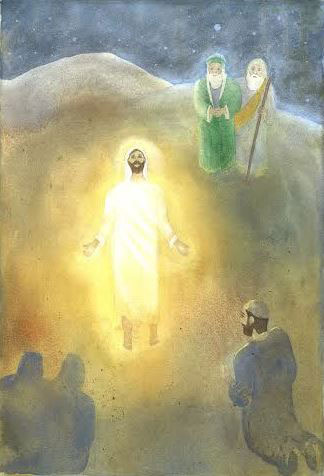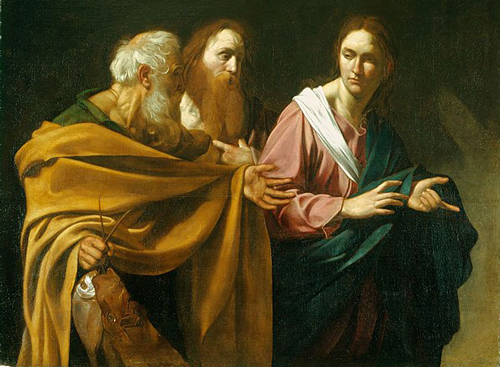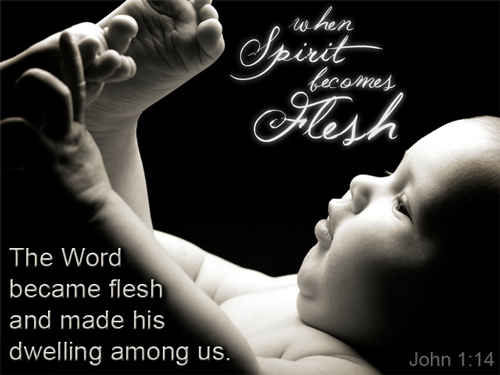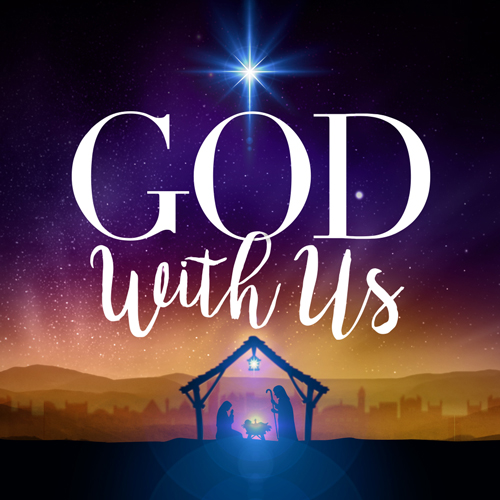 The Dalai Lama has said that “once committed, actions will never lose their potentiality.”
The Dalai Lama has said that “once committed, actions will never lose their potentiality.”
Every action in today’s gospel has a ripple effect, an influence far beyond the original action. The story of the death of Jesus stands as stark testimony to the fact that once an action is committed, it cannot be taken back. The consequences of the action spark other actions, becoming part of the tapestry of events into which our own actions are eventually woven.
In today’s gospel, actions of betrayal, denial, accusations, manipulations, actions based on greed, actions taken out of fear, actions designed to keep the balance of power in place, are all actions that lead to the death of an innocent man, Jesus.
This weighty tapestry of events becomes literally so tragic that darkness falls over the whole land as Jesus hangs on the cross. And then, as Jesus cries in a loud voice and breathes his last, BEHOLD, the curtain in the temple is torn in two.
The historian Josephus, writing in the time of Jesus, describes this curtain in the temple in Jerusalem, the massive structure which had been renovated by Herod the Great. Josephus said that the curtain in that temple was made of Babylonian tapestry, “scarlet and purple, clearly depicting royalty. It was woven with great skill and symbolically depicted the elements of the universe. Embroidered into the veil was ‘a panorama of the heavens,’ meaning that it probably was designed to resemble the heavenly firmaments.”
The purpose of the curtain was to separate the Holy of Holies from the rest of the temple. The Holy of Holies was the place in which the Jewish people believed God’s presence dwelt. Only once a year could the high priest go behind the curtain and enter the Holy of Holies on the Day of Atonement to offer sacrificial blood of an animal to atone for his own sins and for the sins of the people.
Matthew reports that, as Jesus dies, the curtain of the temple is torn in two, from top to bottom, so that it can never again separate God from the people. Jesus’ death has torn away all barriers to God’s presence with us and for us, even in our deepest sins.
Once committed God’s actions will never lose their potentiality either, which is the good news in today’s sorrowful story.
Although all of the actions that led to Jesus’ death could not be taken back, God used those actions for good, to free us, once and for all from being held forever captive by our sinful ways.
Now, nothing can separate us from the love of God except for our own active rejection of that love.
Which brings me to Judas, the disciple who betrayed Jesus. That betrayal set in motion the whole series of events that led to Jesus’ death. Scripture tells us that when Judas saw that Jesus had been condemned, he repented. But he could not change what he had done. He couldn’t go back and fix what he had done. This story would play out and Jesus would die.
So Judas at least took his thirty pieces of silver back to the chief priests and the elders and said that he had sinned by betraying innocent blood.” But they said, “What is that to us? See to it yourself.” They refused his money and his repentance.
Judas threw down the money, left, and went and hanged himself.
After all the time he had spent with Jesus, he still didn’t understand that Jesus had brought to earth a new reality in which God’s grace is sufficient. No longer an eye for an eye, a tooth for a tooth, a life for a life, but only God’s justice and love. If only Judas had thought to repent to God instead of to the chief priests.
But the tapestry in the temple that kept the people from the immediate presence of God was all that Judas could understand. Even after all that time with Jesus, all that Judas ultimately knew and all that he could see in his mind’s eye was that curtain of scarlet and purple through which he could never pass and through which the chief priests had refused to ever offer atonement for his sin. And so, his pain and his repentance disregarded by the priests, he felt that he had no recourse to God and death was all that was left.
Jesus died, and the curtain in the temple was torn from top to bottom. God removed that barrier, too late for Judas in this lifetime, for Judas had already taken justice into his own hands.
How often we come before God in this life with the events of our lives, with all of our sins and weaknesses interwoven into a thick tapestry of our own creation, a barrier that we believe blocks our way to God forever.
But if we remember this story of all that happened the day Jesus died, we can recall that as Jesus breathed his last, God ripped the curtain of the temple in two, and destroyed every barrier that has ever blocked our way to God.
We can live in hope, because we know that our true place of repentance is not in the temple in front of a curtain, but kneeling in contrition at the foot of the cross.


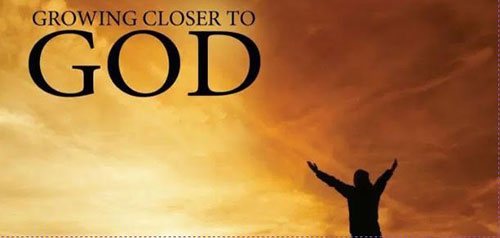
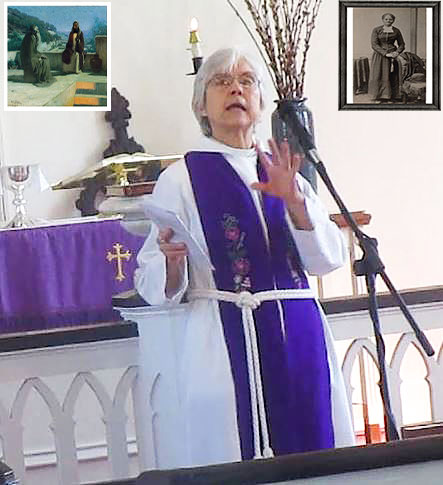
 “Nic drove a large black Escalade. He loved the way the Escalade roared to life when he turned the key in the ignition, the way he sat up high above the rest of the traffic, barely having to press the accelerator to gun past anyone in his way and to get to his destination in record time.The Escalade suited Nic, summed up who he was, really.Big, bold, in charge.”
“Nic drove a large black Escalade. He loved the way the Escalade roared to life when he turned the key in the ignition, the way he sat up high above the rest of the traffic, barely having to press the accelerator to gun past anyone in his way and to get to his destination in record time.The Escalade suited Nic, summed up who he was, really.Big, bold, in charge.”